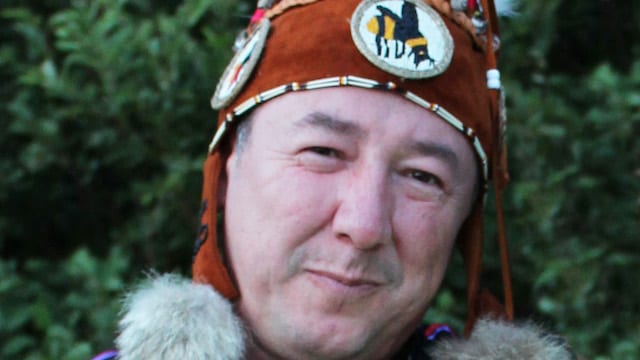
Mi’kmaq chiefs in Nova Scotia are adding their voices to the growing number of Indigenous leaders concerned that the Trudeau government could soon table a child welfare bill that doesn’t give full jurisdiction to First Nations.
On Friday the Assembly of Nova Scotia Mi’kmaq Chiefs issued a press release calling on Ottawa to ensure the latest draft legislation is amended to include full jurisdiction for First Nations over child welfare.
“The legislation, in its current form, does not recognize the inherent right to self-government which would allow First Nation communities to rightfully assume jurisdiction and governance over their own child welfare matters without the permission of Governments,” Paqtnkek Mi’kmaw Nation Chief Paul Prosper says in the statement.
Propsper, who holds the justice portfolio for the assembly, also says in the release that it’s “not acceptable for Canada to force us to require the consent of the Provinces and Canada prior to taking jurisdiction over our children and families.
“This approach is contrary to The United Nations Declaration on the Rights of Indigenous Peoples.”
In a Feb. 11 letter to Prime Minister Trudeau, Prosper said Section 11 of the draft, Indigenous Family and Unity Act, “denies the jurisdiction and governance by First Nations people over their own child welfare matters.”
He said “the provinces have failed in protecting our vulnerable children,” and that as a result of being removed from their communities they’ve “lost their language, their culture, their identity.”
Prosper said the only resolution is “if we have full jurisdiction.”
Jennifer Cox works with the Kwilmu’kw Maw-klusuaqn Negotiation Office, and with the Nova Scotia chiefs.
She was recently tasked with developing a self-government model on child welfare for Mi’kmaq communities in Nova Scotia.
Cox says at present the federal funding and provincial legislative authority for child welfare “don’t mix very well.”
She says the risks and harms associated with removing a child from their community and culture aren’t currently legislated as considerations in when children are being removed from their home.
“The federal legislation, if it were to recognize our inherent rights to develop our own laws, will put us in a position where we could create our own legislation here in Mi’kma’ki,” she explains.
“And that will make big changes for us because we will be able to do things that make more sense, essentially.”
Asked if the province supports the transfer of full jurisdiction over child welfare to First Nations, a spokesperson for Nova Scotia’s Department of Community Services said they support the Mi’kmaq “to move towards self-governance for child welfare and a Mi’kmaw Child Welfare Law.”
Heather Fairbarin said in Nova Scotia the Mi’kmaq Family and Children’s Services (MFCS) “implements child protection on reserve,” and that the agency’s board of directors is “governed by Mi’kmaw leadership including many of the chiefs.”
She said the province “has a good working relationship with the agency,” and that MFCS “is required to follow the standards within the provincial Children and Family Services Act. The department has a good working relationship with the agency.”
It’s not clear if Nova Scotia supports transferring jurisdiction over child welfare to the Mi’kmaq, but Cox says based on the province’s support for the move to Mi’kmaq self-governance, “in principle it sounds like they will be supportive of First Nations jurisdiction.”
Cox says the federal legislation “will be basically useless if it doesn’t deal with the issue of jurisdiction.”
She says if there’s legislation in place at the federal level “that recognizes we have this inherent right, [it] will allow us to get down to the real business of negotiating the actual laws that we need to have in place.”
If that happens, she adds, “it will hopefully set the national standards for certain things, like the removal of children…that will supersede the provincial and territorial legislation.”
In Friday’s statement Prosper said Mi’kmaq “need to ensure our children are safe in their own communities.
“We can only do that if we have jurisdiction and the financial means to support this work.”
APTN News asked Trudeau earlier this week when his government will table the already delayed child welfare bill.
The prime minister didn’t offer a timeframe, but said the bill will be “a historic piece of legislation on many levels,” and that it “embodies reconciliation.”










